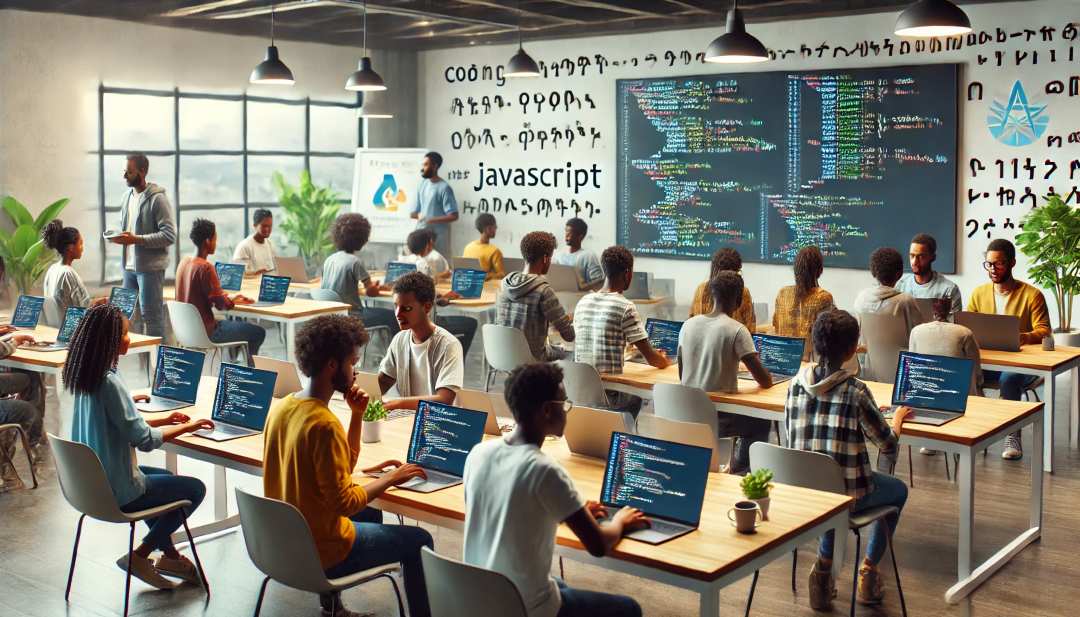
Step 1: Lay the Foundation
Understand the Basics of Computer Science
Begin your journey by acquainting yourself with the fundamentals of computer science. Familiarize yourself with algorithms, data structures, and the way computers function.
Choose a Programming Language
Select a beginner-friendly programming language to kickstart your learning journey. Options such as Python, JavaScript, or Ruby are excellent choices for newcomers.
Step 2: Master the Basics
Learn Syntax & Concepts
Dive into the syntax, variables, data types, and basic operations in your chosen programming language. Comprehend the basic building blocks used in coding.
Practice Regularly
Put your knowledge into action by solving problems, writing simple programs, and engaging in coding exercises. Consistent practice solidifies your understanding.
Step 3: Delve Deeper
Explore Functions & Control Structures
Get acquainted with functions, loops, and conditional structures. These form the backbone of coding logic and decision-making.
Grasp Data Structures & Algorithms
Understand basic data structures like arrays, lists, and introductory algorithms. These concepts are fundamental to solving more complex problems.
Step 4: Build Practical Projects
Apply Knowledge through Projects
Start developing small-scale projects. Create simple websites, games, or basic applications. Practical experience is key to reinforcing your skills.
Collaborate & Contribute
Consider joining open-source projects or collaborating with peers. Participating in coding communities provides hands-on experience and insight.
Step 5: Advanced Learning & Specialization
Choose an Area of Interest
Select a specific field of interest, be it web development, mobile apps, data science, or AI. Focus on advancing your skills in that area.
Continuous Learning & Growth
Stay updated with industry trends and emerging technologies. Explore advanced concepts, new tools, and evolving best practices in your chosen field.
Embarking on a journey to learn programming requires dedication, patience, and consistent effort. Remember, the road might seem daunting at first, but each step forward brings you closer to becoming a proficient coder. The opportunities and possibilities in the field of programming are vast, promising a rewarding and fulfilling career for those who embark on this learning path.
So, embrace the challenge, stay curious, and let the world of programming unfold its wonders for you.
Comments (0)
Categories
Recent posts


Ethiopia University Exit Exam: What You ...
27 Jun 2023
Grade 12 Exam Preparation Ethiopia | ...
18 Mar 2025
How to Make Money Online in Ethiopia | ...
18 Mar 2025



